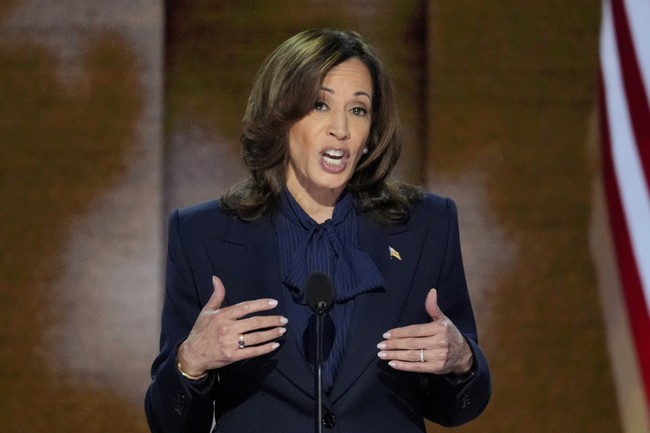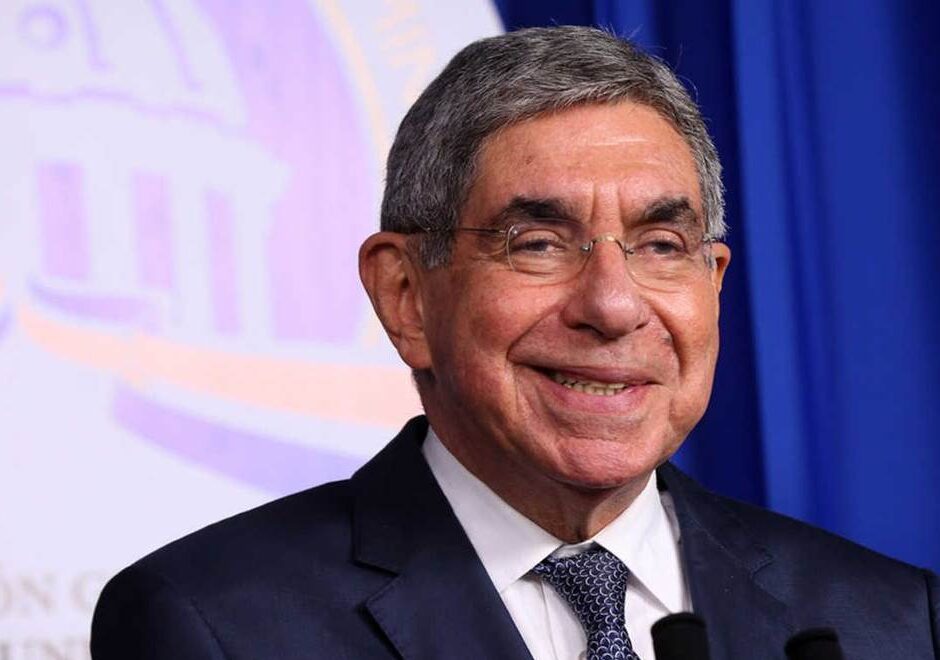Xi Jinping's Bold Diplomatic Moves in Global Business
In an unprecedented series of meetings, President Xi seeks to fortify China's economic ties amid global trade tensions. What does this mean for the future of multinational corporations in Asia?
Published March 29, 2025 - 00:03am

Image recovered from arabnews.com
In a decisive bid to reassure foreign business entities and reinforce China's standing in the global market, President Xi Jinping has embarked on a diplomatic campaign, engaging with the leaders of significant multinational corporations. These meetings come at a critical time as China grapples with dwindling foreign direct investment and heightened trade tensions with the United States.
In Beijing, the President hosted a gathering of approximately 40 chief executives from various industries, emphasizing the vital role of multinational collaborations in fostering economic stability. Notable attendees included the CEOs of AstraZeneca, FedEx, Toyota, and Saudi Aramco, capturing a diverse representation from the pharmaceutical, transportation, and energy sectors.
Xi's initiative aims to address the pervasive concerns about China's regulatory environment, which is often perceived as unpredictable and favoring local enterprises over foreign competitors. The President reaffirmed China's commitment to an open-door policy, emphasizing the mutual benefits that foreign businesses bring to the Chinese economy, aiding in its modernization and integration into the global market.
Highlighting the strategic importance of China as a pivotal trade partner, Xi stated that the future of foreign investment in China remains promising. This is particularly relevant as China's foreign direct investment saw a significant decline of 27.1% year-on-year in 2024, the steepest drop since the global financial crisis over a decade ago. The economic downturn has been attributed to the ongoing trade conflict with the United States, spearheaded by the imposition of tariffs under President Donald Trump, which China reciprocated in part by targeting American agricultural exports.
These measures have incited fears among international businesses of a trade war that could destabilize the global supply chains essential for sustainable economic growth. In response, Xi urged the global business community to collaborate in maintaining the stability of these chains.
The political landscape is further complicated by geopolitical factors that influence foreign investments in China. The Chinese leadership's strategy now involves a renewed call for multilateralism and economic globalization, hoping to attract sustained interest from European and other non-U.S. firms despite the prevailing adversities.
Additionally, Premier Li Qiang has been advocating the technological advancements and competitive market prospects within China, attempting to allay participant concerns with promises of continued reforms and market openness.
Experts suggest that the success of these offerings lies in concrete actions reinforcing President Xi's assurances, as the global business community remains watchful of China's next moves in easing regulatory pressures and enhancing market accessibility.
Through these diplomatic efforts, China seeks to position itself as a reliable partner amidst global economic uncertainties, offering a counterbalance to the pressures exerted by the ongoing U.S. tariffs.







